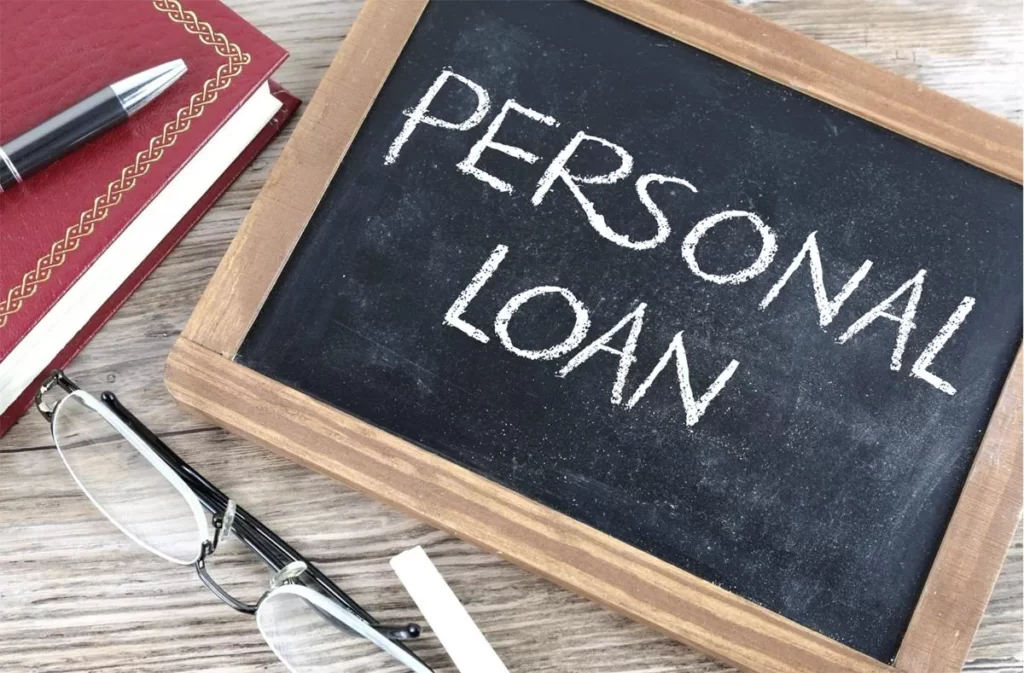
In today’s world, where financial needs arise unexpectedly, personal loans have become
popular for salaried individuals seeking immediate financial assistance.
Whether it is to fund a wedding, consolidate debts, or cover medical expenses, personal loans offer a convenient solution with minimal hassle. With the advent of online lending platforms, the online personal loan for salaried individuals process has become even more streamlined and accessible.
However, before emphasizing the journey of getting a personal loan, it is really important to
understand the documentation requirements involved. These documents play a pivotal role
in determining your eligibility and facilitating the smooth processing of your loan
application.
What Documents Are Required to Get a Personal Loan?
1. Salary Slip
A salary slip, also known as a payslip, is a document an employer provides to an employee. It
contains detailed information about your earnings and deductions for a specific pay period
and records the financial transactions related to your salary.
There are several reasons why your salary slip provides great importance in the process of
loan application:
A. Proof of Income
Submitting proof of income document is extremely important when trying to get a loan, as that gives your lender the satisfaction that you have a steady income to repay your loan every month. It determines your repayment capacity and increases your chances of getting a loan with favorable terms.
B. Loan Amount
Apart from proof of income, your salary slip also turns out to be a determining factor for the loan amount you are eligible for. Your income is an assessing factor for the lender to determine how much loan amount you can pay off without defaulting. There are some banks that use a million amount, to understand it better you can use a million to crore calculator.
C. Interest Rate
A salary slip enables lenders to assess your repayment capability and impacts the interest rate. If you have a high income, you have higher chances of getting lower and more favorable interest rates on your personal loan.
Lenders require proof of consistent income for timely repayments. Employment proof assures a regular salary and boosts lenders’ confidence in repayment ability.
2. Identity Proof
The next document required to get a personal loan is something that proves your identity.
For you to meet the minimum eligibility, you need to provide identity proof in the form of
the following documents:
A. Aadhar Card
An Aadhar card is the main identity card for every Indian citizen and is the best proof of
identity. Further, you can avail of various government services and schemes by providing your
Aadhar card proof. It is a compulsory document required for a personal loan. This KYC
document can be replaced with other identity proofs like a PAN card, ration card, voter’s ID,
or passport.
B. PAN Card
Some lenders keep a PAN card a compulsory document despite having to submit an Aadhar
card with it. A PAN card proves that you are a responsible tax-paying citizen of the country.
If you don’t have a PAN card, it means your income is not more than ₹2,50,000, or you are
not filing income tax returns, which is something a bank will not entertain for their loan
applicants.
3. Address Proof
Commonly requested documents for personal loans taken by salaried individuals include
having address-proof documents like driving licenses, utility bills, bank statements, and
Aadhar cards serve essential purposes. These documents help verify your residence,
establish your identity, and provide a reliable address for communication and legal matters.
4. Employment Proof
Employment proof is another set of personal loan documents required to get your loan
approved. There are several reasons why a lender wants you to submit your employment
proof, including:
A. Income Verification
Lenders verify your income to assess repayment capacity. Employment proof (salary slip,
contract) establishes your stable income, including salary, designation, and tenure.
B. Loan Eligibility
Your employment is crucial for personal loan eligibility. To assess lending risk, lenders
consider factors like job stability, income, and the likelihood of continued employment.
C. Repayment Assurance
Lenders require proof of consistent income for timely repayments. Employment proof
assures a regular salary and also boosts lenders’ confidence in repayment ability.
5. Residence Ownership Proof
In addition to the above points, other documents required for a personal loan are proof of
your residence ownership. Here’s why you need to provide this proof:
- Asset Verification – Property documents provide proof of ownership and financial position, influencing loan eligibility and repayment assessment.
- Risk Assessment – Property documents help lenders assess loan risk by reviewing ownership, condition, and
marketability. This determines the loan-to-value ratio and informs approval decisions.
Conclusion
Documents required to get a personal loan include proof of identity, address, income, and
employment. The lender needs these documents to verify your eligibility and financial
stability. Hence, you must gather and submit all the necessary documents accurately and
promptly to avoid delays or complications in the loan application process.
Written by – Shikha Ahuja
Shikha Ahuja is part of the content marketing team at KreditBee – India’s fastest personal loan platform where professionals can easily avail of personal loans in just a few minutes when in need of quick funds. Shikha writes to create awareness amongst her readers on topics related to loans, personal finance, and budgeting.
Being a part of the FinTech industry keeps her on her toes, but she keeps herself grounded through yoga and meditation and loves to host game nights during the weekends.